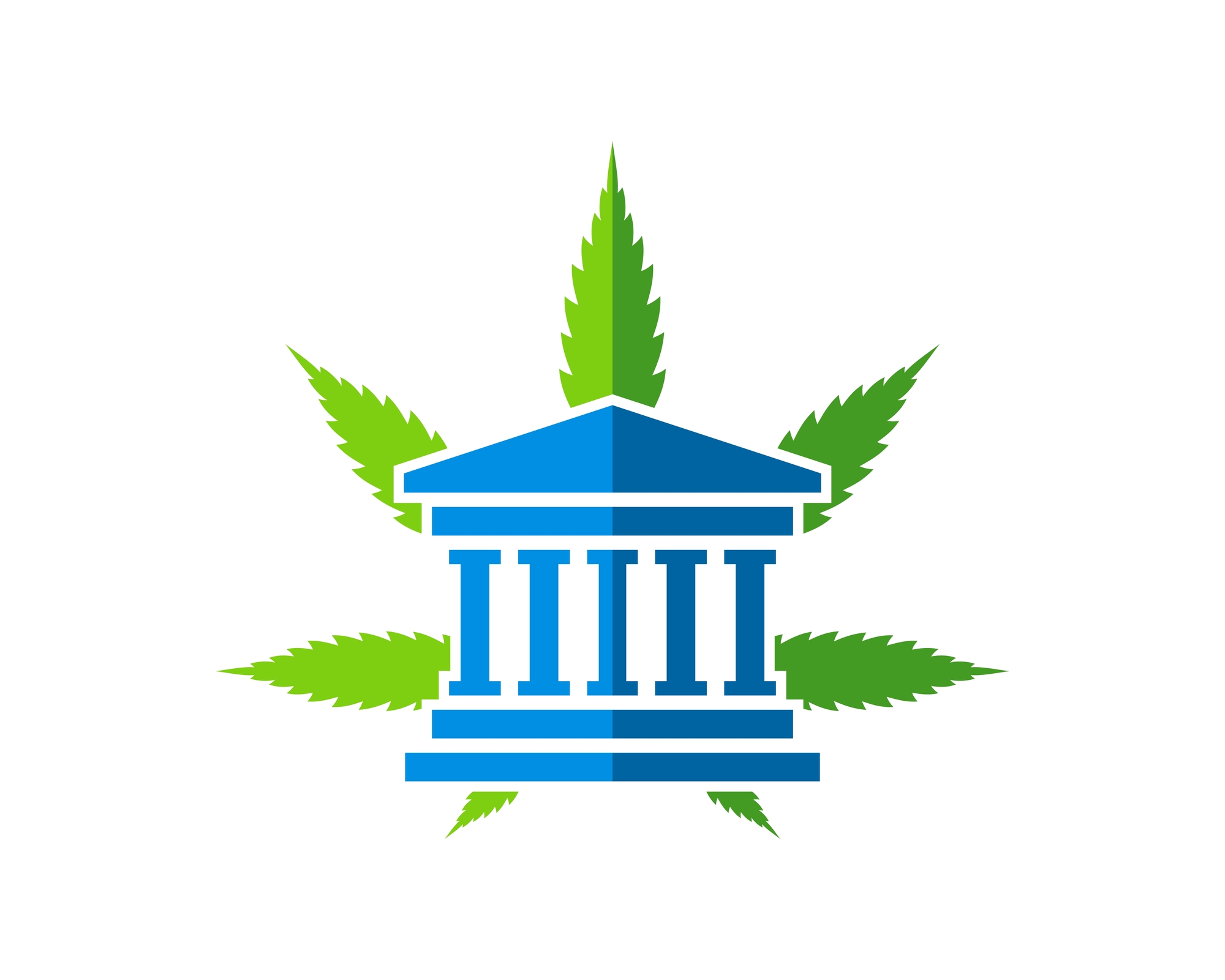
Breaking Down the Safe Banking Act: Why It Matters for Cannabis Businesses, Financial Institutions and Consumers
The Safe Banking Act, also known as the Secure and Fair Enforcement Banking Act (SAFE Banking Act), is sorely needed legislation to address the critical issue of financial services being denied to marijuana businesses that operate in the state-legalized industries. We’ve written extensively about the SAFE Banking Act over the past several years. See here, here, here, just to name a few. With another year of Congressional action (or inaction) before us, let’s review the SAFE Banking Act, its implications, and why it matters for marijuana businesses, financial institutions, and consumers.
What is the SAFE Banking Act?
The SAFE Banking Act has been in discussion since 2013. It seeks to provide a legal framework to permit financial institutions to provide banking services to cannabis-related businesses even though marijuana remains federally illegal. Despite the tidal wave of legalization at the state level, financial institutions remain wary of providing banking services to these businesses because of the state/federal conflict of law and these institutions innate risk-avoidant nature.
This has created a situation where cannabis-related businesses struggle to access banking services, leading to predatory arrangements where services are available, an inability to raise capital, and leaving many licensed business to operate entirely in cash. This latter consequence has led to significant security and safety issues for the line-level retail workers and customers of retail cannabis businesses.
The SAFE Banking Act would protect financial institutions that offer services to marijuana businesses from federal prosecution and regulatory backlash. It also ought to eliminate the risk of far-reaching civil RICO lawsuits where a plaintiff seeks to snare a deep-pocketed bank. The SAFE Banking Act would make it vastly easier for cannabis-related businesses to access banking services, reduce their reliance on cash, and create greater transparency for investors, taxing authorities, and regulators.
Implications for the cannabis industry
The SAFE Banking Act would be a significant boon for the cannabis industry. The cash-only nature makes these businesses targets for crime and more vulnerable to robberies and burglaries. It also creates accounting and tax issues and reduces transparency vital when seeking new capital investors or when selling (or buying) a marijuana business. This legislation is crucial for the United States to truly reduce the illegal cannabis market and form a healthy regulated market. But truly achieving these goals also requires reforming the tax code – i.e. the onerous effects of IRC 280e.
Implications for financial institutions
The SAFE Banking Act would do two significant things for financial institutions. One is allowing financial institutions to make money by providing services to marijuana businesses. And to do so without the fear of criminal or regulatory backlash. Unless financial institutions receive legal protections for servicing this industry — and no, the moldering FinCEN memo alone won’t cut it — it is unlikely that they will ever do so.
Implications for consumers
For consumers, the most apparent implication is increased safety. Because these businesses operate entirely in cash, both they and their customers are targets for criminals. Allowing customers to use credit and debit cards to make purchases would reduce the risk and increase safety. A second implication may be reduced prices because cannabis businesses may be eligible for traditional business financing to purchase equipment and so forth instead of relying solely on private lenders and financiers.
What’s next for the SAFE Banking Act?
The SAFE Banking Act has cleared the House with bipartisan support on six occasions but has gone nowhere in the Senate. Perhaps this is the year the legislation finally makes some headway. It is sorely needed.
Source link












